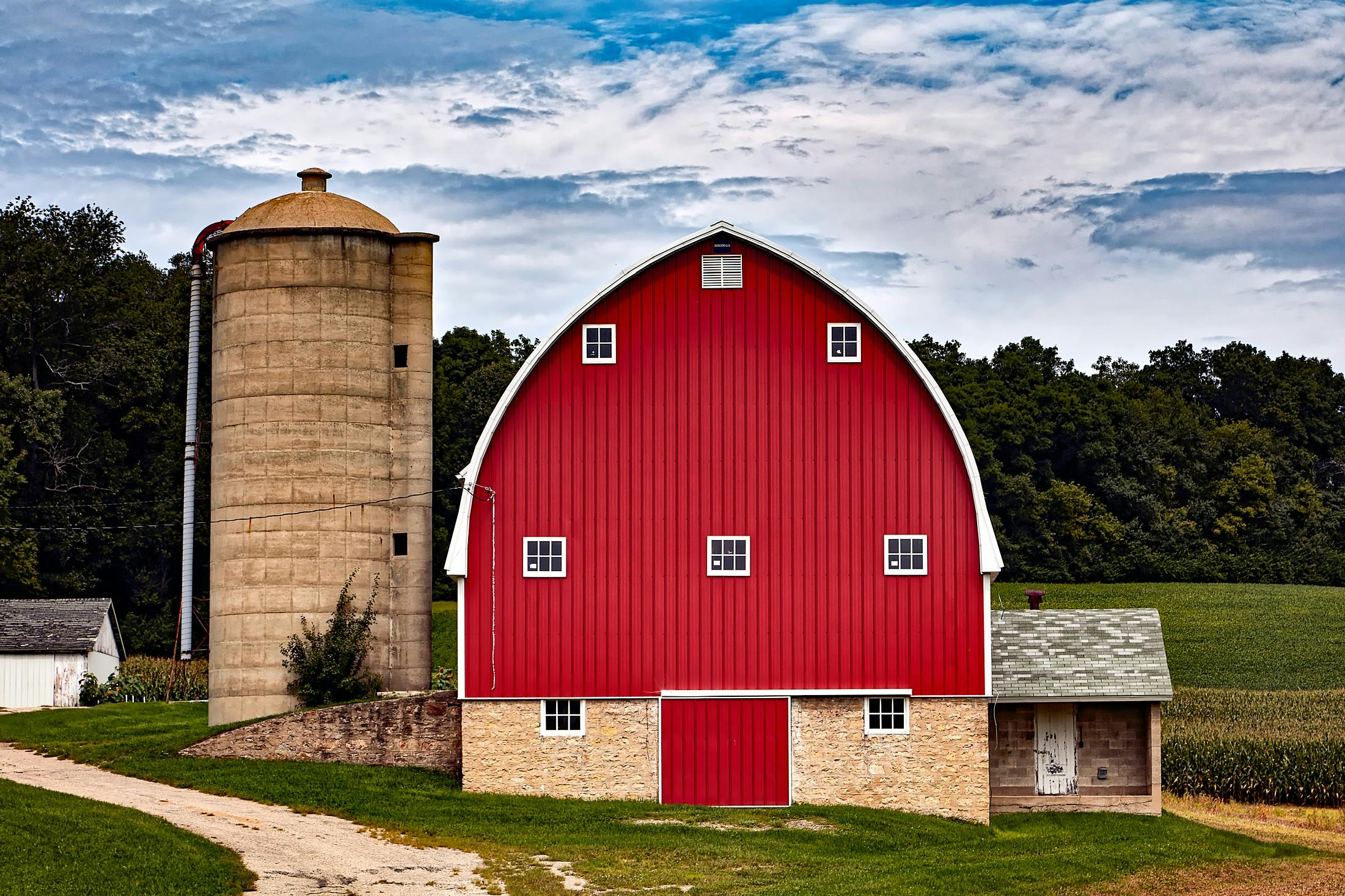
When conducting a reserve study for a property in Wisconsin, it’s essential to account for the region’s extreme seasonal weather, particularly the impact of harsh winters. Heavy snow and ice buildup may add structural stress to roofs and necessitate more frequent maintenance or replacement. Additionally, salt used for de-icing can corrode concrete, metal fixtures, and mechanical systems. These environmental factors mean that replacement timelines and funding needs may differ significantly from properties in milder climates, making localized experience and data critical for an accurate and realistic reserve plan.

Frequent freeze-thaw cycles - can cause significant damage to paved surfaces, roofing, and building exteriors, accelerating deterioration and shortening expected lifespans.
Roof Integrity – Flat or low-slope roofs common in Wisconisn buildings are vulnerable to snow buildup and water pooling, which can lead to leaks or structural damage.
HVAC Efficiency – Seasonal extremes demand efficient heating and cooling systems; regular inspections and maintenance are crucial to avoid breakdowns.
Facade Inspections – Wisconsin has strict facade ordinance laws, especially for buildings over six stories, requiring regular professional inspections and reporting.
Plumbing Protection – Pipes must be insulated and monitored to prevent freezing and bursting during winter.
Building Code Compliance – Keeping up with changes in city codes and regulations (such as ADA compliance and energy efficiency standards) is essential to avoid fines and delays.
Our engineers are well-versed in the unique challenges and requirements of reserve studies in Wisconsin, including the effects of severe winters, freeze-thaw damage, and regional maintenance practices. Our team shares insights into Wisconsin HOA Laws and Reserve Study Regulations.

CEO & Founder - Sr. Engineering Consultant
Areas of expertise: Reserve Studies, Mechanical Engineering, New Product Development
B.S. Mechanical Engineering Marquette University. 18 years of Reserve Study Experience.


